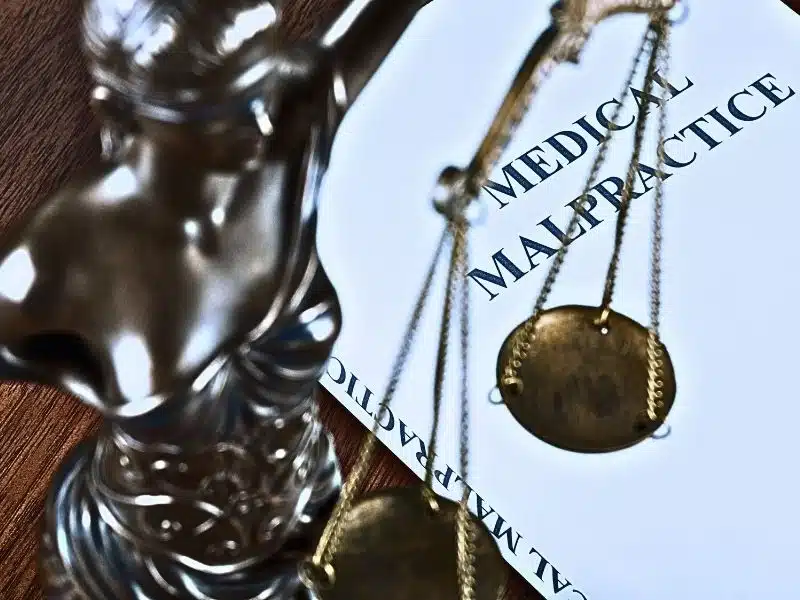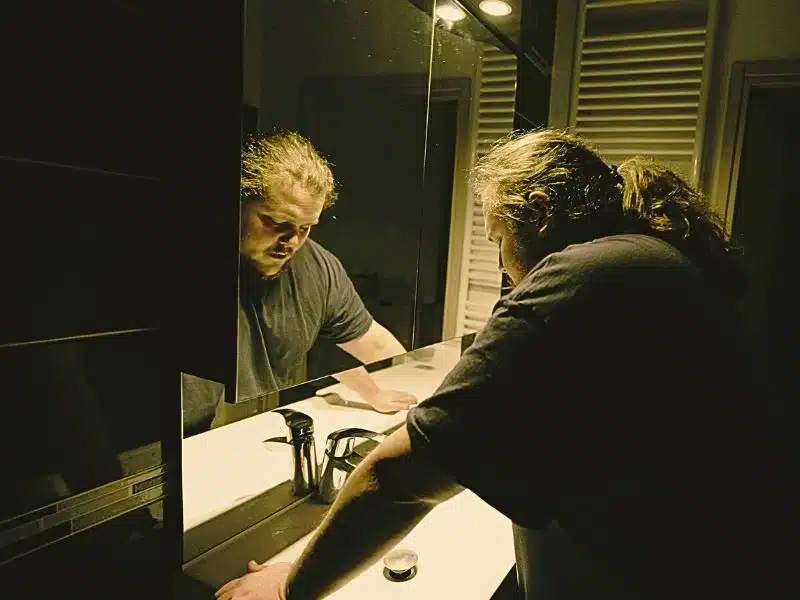When a loved one is unexpectedly killed in an accident, your world is turned upside down. You are reeling from the emotional losses, and you may be suffering from the financial impact of the death as well. Legal issues may further complicate the situation, but you do not have to deal with those issues alone. The compassionate Chicago wrongful death attorneys can help you make sense of a wrongful death lawsuit so that you understand the process.
What Is a Wrongful Death Lawsuit?
A wrongful death lawsuit is one in which a representative of the decedent’s estate (usually an immediate family member) pursues a legal claim against the party responsible for the decedent’s death due to negligent or intentional misconduct.
What Are Some Common Types of Wrongful Death Claims?
Some types of wrongful death cases are more common than others. Some common types of wrongful death lawsuits include:
- Medical malpractice
- Unsafe pharmaceuticals
- Dangerous or defective products
- Motor vehicle accidents
- Toxic exposure
What Are the Wrongful Death Statutes of Limitations?
All civil actions, including wrongful death actions, have time limits as to when they must be filed. These time limits, or “statutes of limitations,” vary depending on the circumstances surrounding the accident and the death. Generally, the statute of limitations for wrongful death cases is within 1-3 years of when the death occurred. In Illinois, the statute of limitations is 2 years from the date of death. Accordingly, it is important to promptly consult with a knowledgeable Illinois wrongful death attorney as soon as possible in order to ensure that your case is filed in a timely manner.
How Do I Prove a Wrongful Death Case?
In order for a wrongful death case to be successful, the plaintiff must prove the following:
- A death occurred
- The death was caused by another person’s negligent or intentional act
- The death has caused financial loss
- Those entitled to sue have survived
What Types of Damages Can I Recover in a Wrongful Death Case?
Plaintiffs may sue for a variety of damages in wrongful death cases, including:
- Pecuniary injuries are financial losses such as medical bills, funeral expenses, lost wages, lost services, and lost prospective inheritance. Damages can also be awarded for loss of parental guidance and spousal companionship.
- Survival Actions – In cases where there was a time lag between the victim’s initial injury and death, damages may be awarded for the decedent’s pain and suffering.
- Punitive Damages – When the person’s death is the result of intentional wrongdoing, punitive damages meant to punish the defendant may be awarded.
It’s important to choose an attorney who is familiar with wrongful lawsuits. The Chicago wrongful death attorneys at Ankin Law Offices, LLC have years of experience securing maximum compensation for our wrongful death clients.











